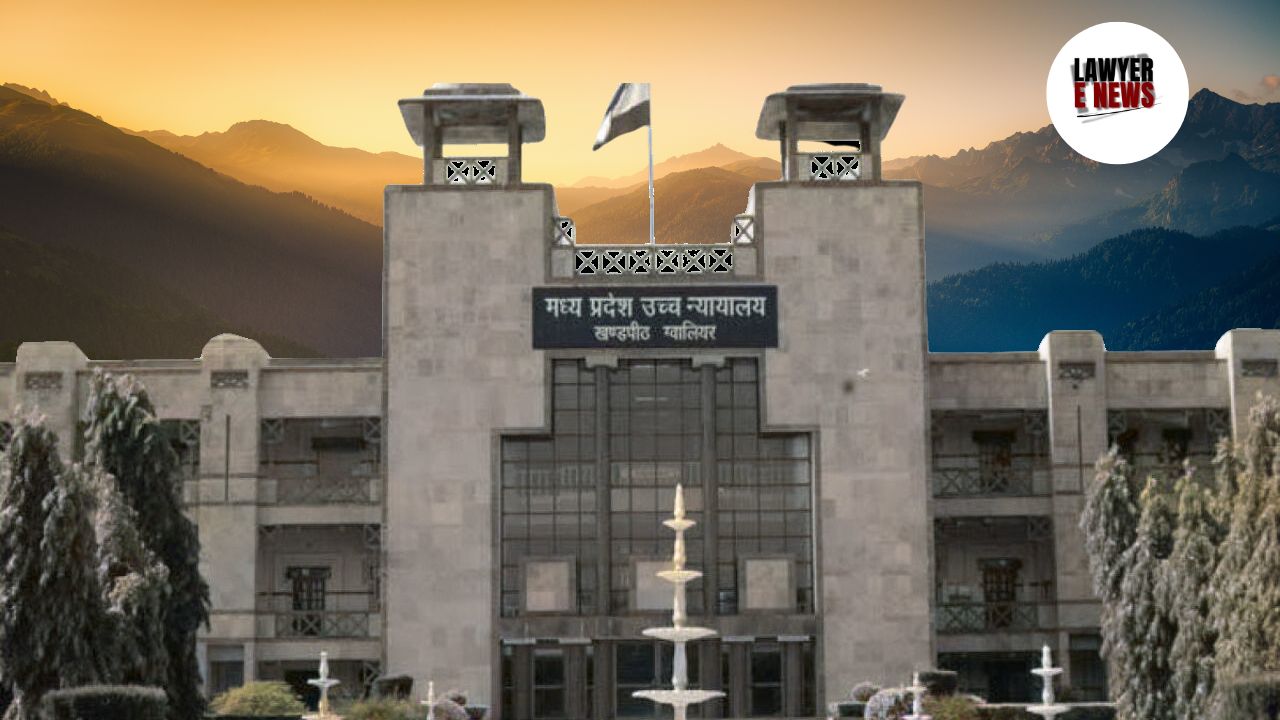-
by Admin
15 February 2026 2:16 AM



Madhya Pradesh High Court reduced the conviction of Salman and others from attempted murder under Section 307 of the IPC to causing grievous hurt under Section 326, citing that a single blow on a non-vital part of the body is insufficient to establish intent to kill. The court held that although the injuries caused were severe, they did not support a conviction for attempted murder.
"A Single Knife Blow on Non-Vital Part Insufficient for Attempted Murder Conviction"
The court emphasized that the lack of multiple blows and the non-lethal nature of the injury (amputation of the right hand's palm) pointed toward grievous hurt rather than an attempt to kill. Justice Prem Narayan Singh remarked:
"If the appellants had intention to kill the injured, they would have caused repeated attempts... on vital parts of his body, but since the appellant delivered only a single knife blow, the ingredients of Section 307 IPC are missing in the present case."
The case arose from a violent altercation on October 21, 2021, in Indore, where Salman, along with four others, attacked the complainant, Mohammad Farhan, following a prior dispute. Farhan sustained severe injuries, including the amputation of his right hand's palm, after being assaulted with an iron rod and a knife. The trial court had convicted all five accused under Section 307 (attempted murder), sentencing them to seven years' imprisonment. The defense argued that the attack was sudden, without premeditation, and that the injuries, though severe, did not amount to an attempt to kill.
After reviewing the evidence, including medical reports and witness testimonies, the High Court concluded that while the injuries were grievous, they did not indicate an intent to murder. The court cited precedents, including Jai Narayan Singh v. State of Bihar, where similar injuries were downgraded from attempted murder to grievous hurt.
The court reduced the sentence to five years under Section 326/149 IPC (grievous hurt by dangerous weapons) while affirming the conviction for unlawful assembly under Section 148 IPC.
The High Court's ruling reflects a nuanced understanding of the distinction between grievous hurt and attempted murder, emphasizing that intent, weapon use, and the severity of injuries must be thoroughly examined. The appellants' sentence was reduced to five years' imprisonment with a fine of ₹20,000 each, and the conviction under Section 120-B (criminal conspiracy) was set aside due to lack of evidence.
Date of Decision: September 27, 2024
Salman & Ors. v. State of Madhya Pradesh
